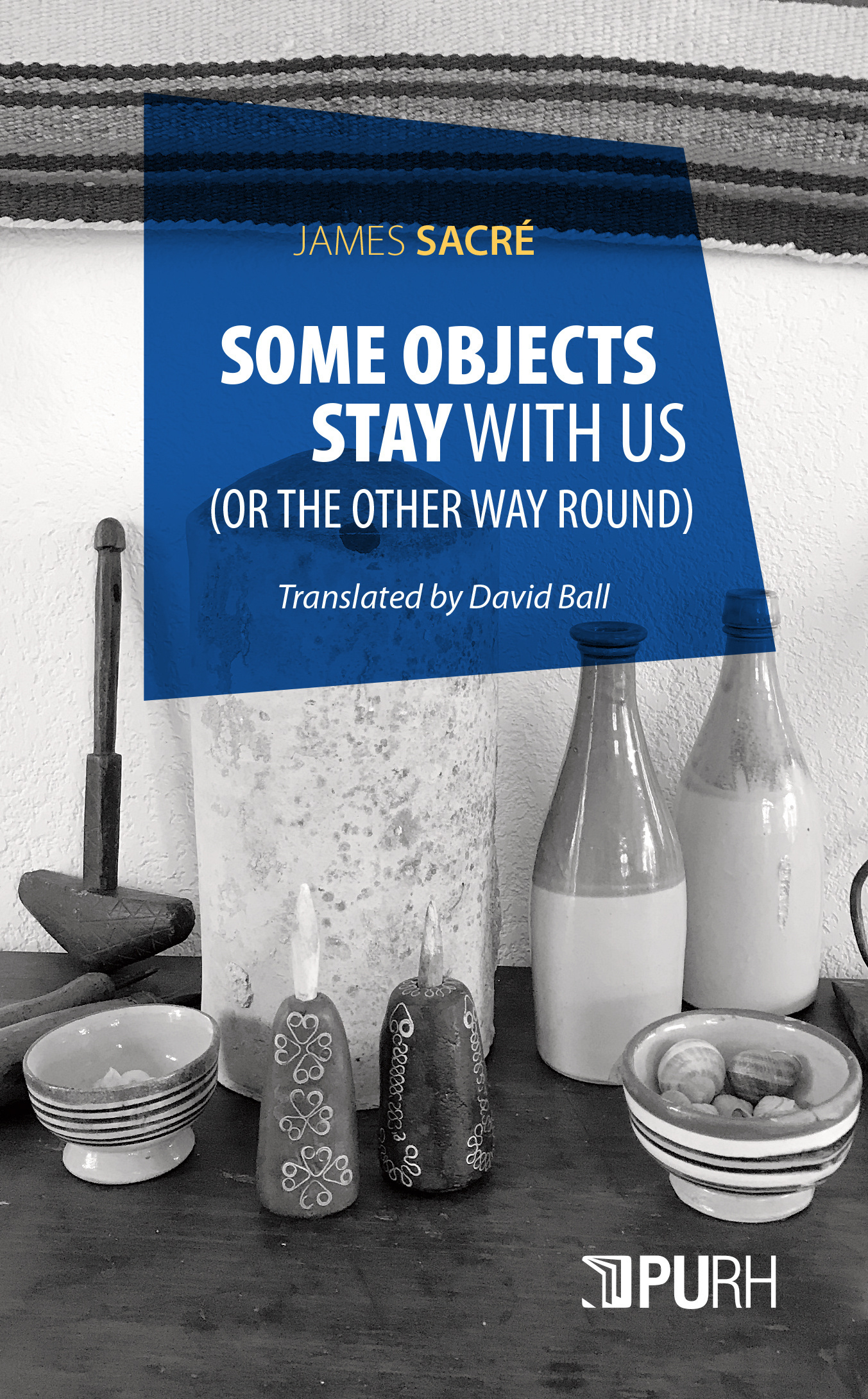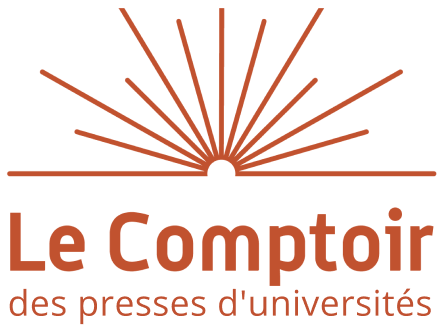
Some Objects Stay with Us
James SACRÉRésumé
This series of poems, published in the original French and in a companion volume in English, Some Objects Stay with Us (Or the Other Way Round), employs seemingly straightforward procedures. The poet describes the "objects" he is contemplating, with a sharp eye for the beauties of rustic craftsmanship in France, North Africa and the United States. Nuances of color do not escape him, nor does the way in which these objects were made. Their value comes from the pleasure of looking at them or from handling them or drinking or eating from them—their original purpose."For cooking or for the dead, for cool water and for nothing," he writes. But the eyes predominate: "The pleasure that comes / From looking at it for a long time is not less / Than when your gaze runs over / Qua ...
Lire la suite
FORMAT
Livre broché
13.00 €
Ajout au panier /
